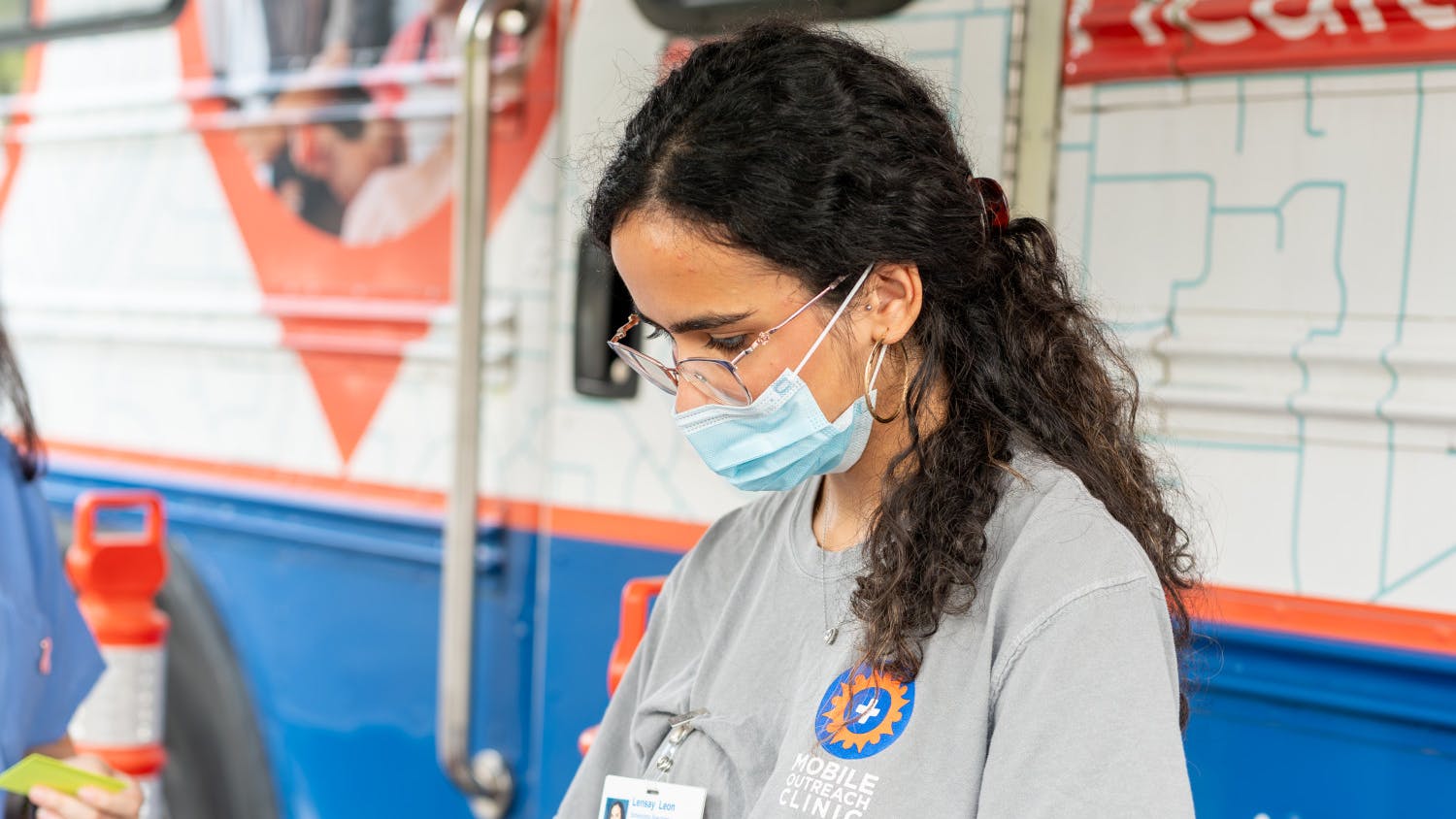UF researchers have found that childhood obesity could be from the genes.
Genetic risk factors, which are variations in DNA, could cause childhood obesity at a higher rate, said Michelle Cardel, an assistant professor for the UF Department of Health. They are more common in African Americans and Hispanics.
Results came from analyzing a four-year study from 2004 to 2008 that examined 286 children of varied races, Cardel said. The study, “Admixture of Mapping of Ethnic and Racial Insulin Complex Outcomes,” has been analyzed and used in more than 50 other research papers.
The purpose of the study was to investigate the effect of different factors on the body’s response to sugar, Cardel said. UF researchers analyzed the study to understand the genetics behind the high obesity rates among non-Hispanic black and Hispanic children relative to those of non-Hispanic white children.
“This will help us with the precision health and to understanding how our genetics play a role in health,” Cardel said
The study measured the health of each of the participants, aged 7 to 12, by recording their dietary habits, fat distribution and physical activity, along with socioeconomic status, said Alex Lee, a 25-year-old UF fourth-year medical science Ph.D. student who worked on the research.
UF researchers found that children with the two genetic risk factors, which are variations in DNA, ate 20 percent more calories and sugar, Lee said. Only 3.6 percent of non-Hispanic white children have these genetic risk factors, compared to 17.4 percent of non-Hispanic blacks and 21.1 percent of Hispanics. The non-Hispanic descriptor is necessary because it accounts for ethnicity, while white and black only describes race, Lee said.
“This research is telling us that obesity is a multifactorial disease,” Lee said. “Research like this is showing there is a possible genetic basis. It’s painting a picture that it’s more than just your diet, it’s a lot of things together.”
Lee said UF researchers are moving toward using this information to care for patients.
“We’re still working on the technology, but once we have that ability to personalize care, this type of information is going to be important,” Lee said.




